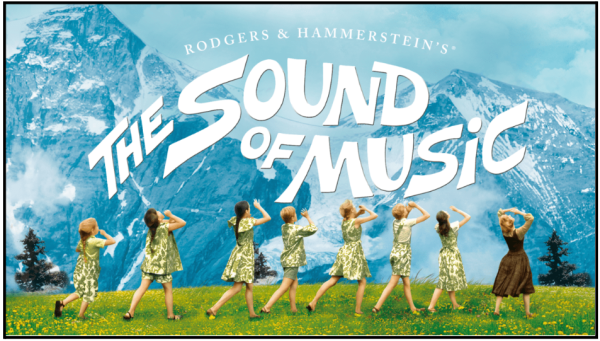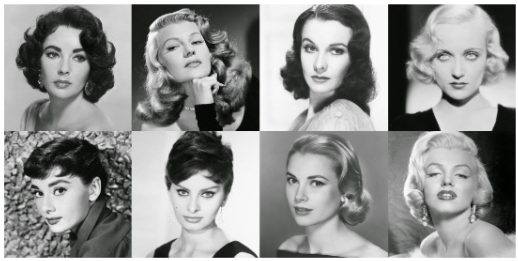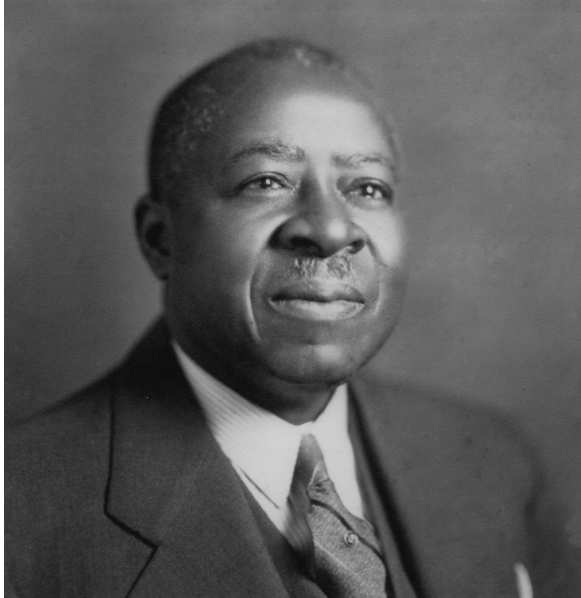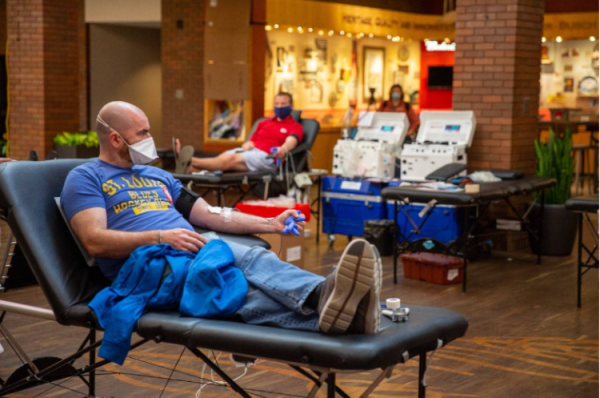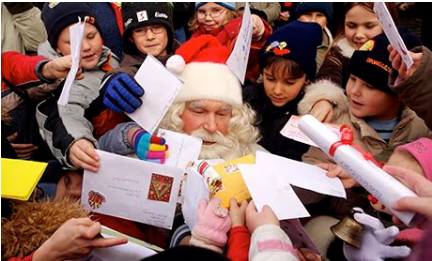A Nation At War: How the War In Ukraine Has Changed Education
March 25, 2022
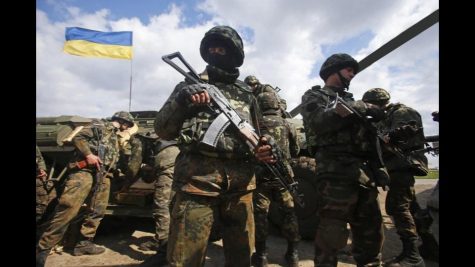 Juniors at Cherry Hill West High School are currently in their second year of studying United States History, as mandated by district administration. The past few months have been filled with World Wars and assassinated presidents, but recently their lessons have taken a drastic turn.
Juniors at Cherry Hill West High School are currently in their second year of studying United States History, as mandated by district administration. The past few months have been filled with World Wars and assassinated presidents, but recently their lessons have taken a drastic turn.
On February 24th, Russian military forces began to invade the nation of Ukraine led by President Vladimir Putin. Putin is the reigning president of Russia and a true dictator. His misconstrued notion that Ukraine “belongs” to Russia has led him to instigate an attack on the nation. He desperately needs to be stopped.
Under the premise of “de-Nazifying” Ukraine, Russian troops marched into the capital of Ukraine, Kyiv, with weapons and bombs. Numerous missile strikes have occurred, leaving countless citizens injured or dead. With President Zelensky at their side, though, the Ukrainian army is not backing down.
For the past few weeks, Mr. Field’s AP US History 2 class has been studying the presidents of the 20th century—John F. Kennedy, Ronald Reagan, etc. Yet last week, the classes’ discussions of the Cold War became more relevant than ever. As a unit, the class discussed the root of the conflict being referred to as “The Ukraine Invasion”, occurring today through a compare and contrast formatted conversation.
Similarly, Mrs. Cooper’s journalism class has shifted its focus this past week onto current events. Amidst the writing of their feature articles, the class turned their efforts into researching the current invasion of Ukraine. The assignment required students to analyze articles investigating the war.
It is crucial to the fight for world peace that the war in Ukraine is studied. While it is commendable that high school teachers are adjusting their curriculum to do so, students should further their research independently. To do so, major news outlets can be used to either view news broadcasts or to read recent articles. The New York Times, The Washington Post, and The Boston Globe are all historically reliable media sources.
Without action, peace will continue to be threatened. All humans must see the power of their kindness, their generosity, and their ability to accept those of other cultures for these are their greatest strengths. Someday in the future, perhaps, the nations that once were at war with each other will hold hands and smile for they have changed the stereotypes and they have broken all barriers of cruelty. It can only be hoped that this day is sooner rather than later.


